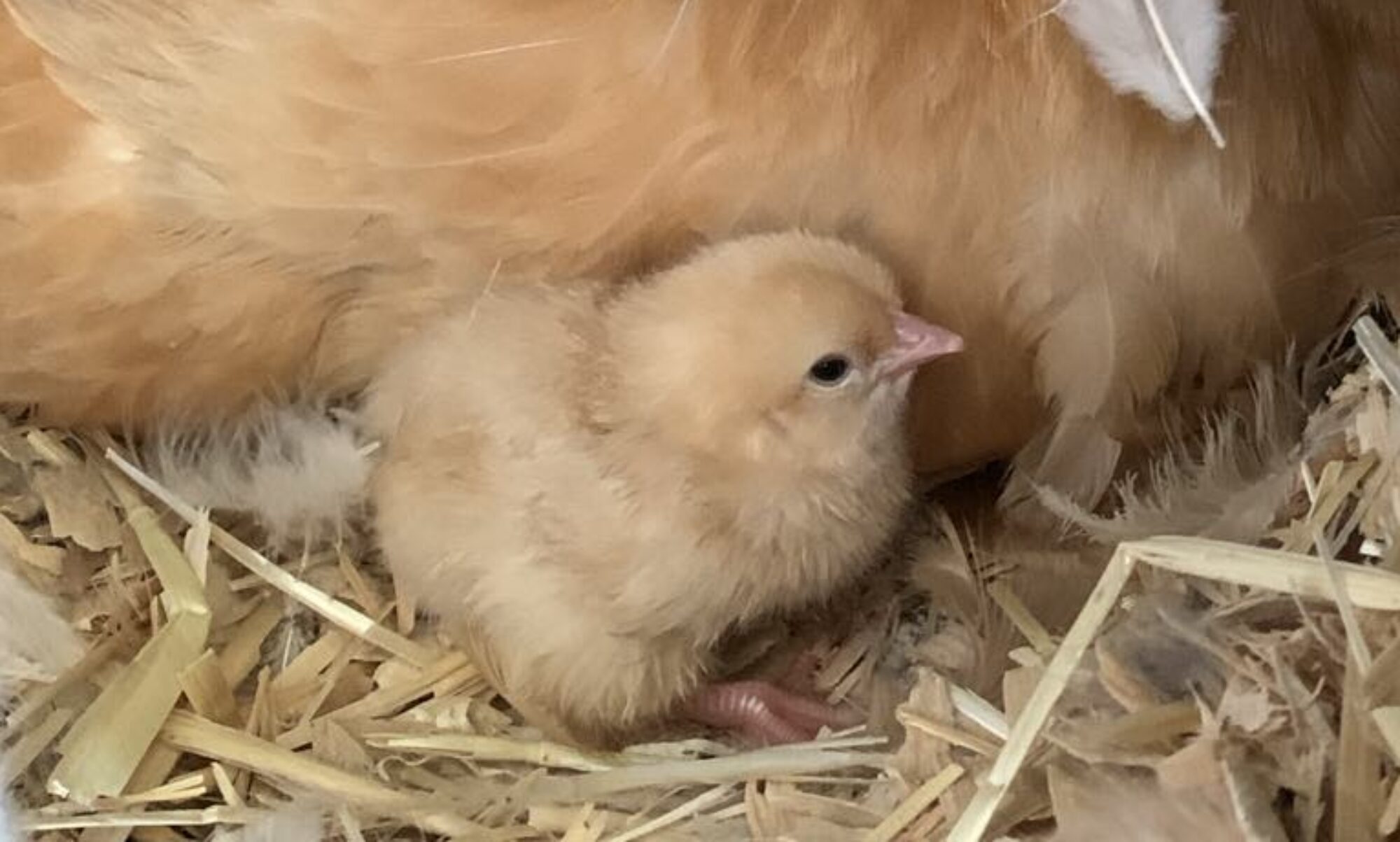Keeping a rooster with your flock of hens is something that requires serious consideration before doing so. Many cities, and even some rural towns, do not allow farm animals to be kept in residential neighborhoods. It appears that zoning laws have become more lenient in recent years with regards to keeping backyard hens, but it is important to check the animal zoning laws before acquiring any chickens. Roosters are often not allowed in many urban locations because they are considered a nuisance with all their boisterous crowing. I, for one, love nature and farm life and all the sounds that go with it! But, before you decide that letting a rooster hang out with your girls is a good thing, check your town or city’s animal zoning laws.

It is also a good idea to research the breed of rooster that you are interested in keeping. Some breeds are more docile and friendly. Other breeds are more high strung and aggressive. Be sure to take into consideration who will be interacting with your roosters as well. You might want a calmer breed if young children will be helping you care for your hens and roosters.

If roosters are allowed in your area, there are a few reasons why you might want to consider adding them to your flock.
A rooster who is kept in a flock usually promotes himself to the position of top dog, the boss. He takes on the very serious responsibility of watching over and protecting his hens. He will warn the other chickens of predators in the area, whether they be on the ground or in the air. He might even take on a predator in an attempt to protect and defend those ladies who are in his charge. He will also attempt to keep order in the hen house, making sure everyone behaves and gets along. Sometimes, if there is not a rooster in the coop, one or more of the hens will try to exercise dominance, resulting in some squabbles and possibly severe treatment of hens who are low in the pecking order. A dominant rooster will exert his authority and put a stop to these squabbles and even protect some of the underdog hens.

Roosters will check out food that is brought into the coop and let the ladies know if it’s good to eat or not. They will also notify their girls of any food or special treats that they might find and will often let the hens partake before he does. The other day I gave my chickens some leftovers. I watched as one of my bantam free-range roosters grabbed up a morsel, called his lady friend over to share in his find, and even broke it into pieces for her to eat. It was the sweetest thing to watch! I suppose roosters can be quite gentlemanly!

If you want to increase the size of your flock, breeding and hatching your own chicks is a fun, interesting experience. All you need is a rooster to fertilize the eggs and a broody hen willing to sit on a clutch of eggs for a few weeks. The first sight of a tiny ball of fluff peeking out from under her mom’s wing is one that will make you smile! However, you do need to be prepared for the fact that you might end up with more roosters. Rehoming excess roosters is a possibility, but often difficult. Extra roosters can also be culled and eaten or used in food products for other animals. Just know that this is a possibility and prepare yourself in advance as to how you will deal with it.
Roosters can be a little hard on the hens, after all, breeding is in their nature. You might notice some of your hens missing feathers on their backs or the top of their heads. When a rooster mates with a hen, he will likely yank a feather or two during the process. You might also notice that when one rooster mates with a hen, the other roosters in the vicinity will want to follow in succession. For this reason, it is a good practice to limit the number of roosters you have in a flock. A good rule of thumb is one rooster for every 8-10 hens.

Roosters are known to be territorial, but mine all seem to be able to coexist and I witness only the occasional dispute among them. For the most part, roosters don’t tend to be aggressive towards people, but it can happen if they view you as a threat to their hens. The first time a rooster, or hen for that matter, exhibits aggressive behavior, put a stop to it by demonstrating your dominance over the bird. You might try to flip the offender onto their back and hold them on the ground for a few minutes, or carry them under your arm in this position. If they don’t get the hint, it’s probably a good idea to remove them from the flock, find them a new home, or cull them. Aggressive behavior can be dangerous and should not be tolerated.
I enjoy watching my roosters as they interact with one another and with the hens. You will quickly notice that they all have very distinct personalities, likes and dislikes. Some can be very vocal and crow over everything. Others are a little more subdued and are quiet rulers, chattering more than crowing. They are often beautiful birds with long, colorful, iridescent feathers, and their bright red over-sized combs and wattles.


If after all of your considering and research, you opt to include a rooster in with your flock of hens, be sure to take time to watch and enjoy the antics of the ‘ruler of the roost’!

